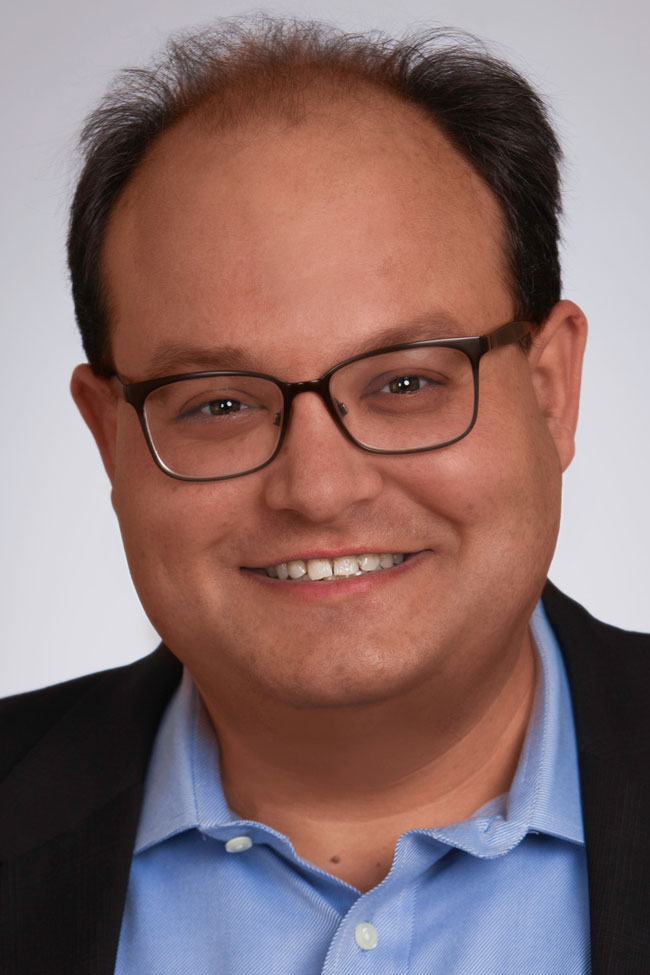
Dr. Ivan Oransky is the vice president and global editorial director of MedPage Today, co-founder of Retraction Watch, and Distinguished Writer in Residence at New York University’s Arthur Carter Journalism Institute.
Dr. Oransky and Adam Marcus founded Retraction Watch in 2010. The site, now viewed by 150,000 people per month, has chronicled the continuing rise in scientific retractions, and has been cited often in the scientific literature as a source for a better understanding of the true reasons for retraction.
On Feb. 3, from 1 to 2 p.m., at New Residence Hall, Dr. Oransky will deliver a lecture on the growth of post-publication peer review and whether academic fraud is on the rise. The event is open to all. Get more information and register to attend online.
In advance of his lecture, Dr. Oransky discussed issues of research integrity via email. The hyperlinks embedded in the answers are Dr. Oransky’s.
What is the most important lesson you have learned from your work reporting on research integrity issues?
We’ve learned that things are not always as they seem. Retraction notices often leave out important details, or even mislead. (Editors are also fond of euphemisms.) The supposed “guilty party” may have been unfairly targeted. But we’ve also learned that there are a good number of researchers trying to “do the right thing.” We particularly welcome the opportunity to tell their stories.
You use the term ‘Wild West’ in the title of your upcoming talk: is scientific publication getting more dangerous for new researchers?
I’d say that scientific publishing is becoming more unpredictable, and yes, more dangerous. From predatory publishers to sophisticated ruses – including authors submitting fake email addresses for reviewers so they can review their own papers – designed to either subvert existing peer-review processes, or expose their flaws, it’s a wild time. We even have researchers coming up with fake authors. All of that makes it difficult for researchers to know exactly what they can trust.
What do you think the impact of Retraction Watch has been on scientific publication? What trends in scientific publication do you hope to see in the next decade?
We leave it to others to judge the impact of our work, but will say that we are grateful for how often we’re quoted in the media, asked to speak at various universities and conferences, and cited in the scientific literature. And we have seen journals respond to our coverage by taking important steps toward improved scientific integrity.
But publishers, research institutions, and individual scientists themselves have taken important steps, too, from replication initiatives to requirements for data sharing. There is, of course, a long way to go. It would be terrific if, in the next decade, science moved away from incentives based on publishing in high-impact journals, toward others that encourage data sharing and discourage treating single papers as the final word. Once researchers are no longer measured by how many papers they’ve published in Nature, Cell, and Science, they may be more willing to correct those that need correction.
What advice would you give students and new researchers as they begin their careers vis a vis their publication practices?
Be willing to admit errors. We all make mistakes, and it turns out that admitting them is nowhere near as bad for scientific careers as most scientists think. Similarly, be open to constructive criticism, even if it comes from competitors or anonymous commenters. It will improve your work, and you’ll model open dialogue for those you eventually train and mentor yourself.
When criticizing the work of others, be constructive, and keep the personal out of it. Focus on correcting the record, rather than seeking the false vindication that a retraction can often bring. Retractions aren’t always the best way to address problems. They’re the nuclear option, and should be reserved for rare cases. But researchers and journals should embrace post-publication peer review writ large, including corrections and comments, much more broadly.
